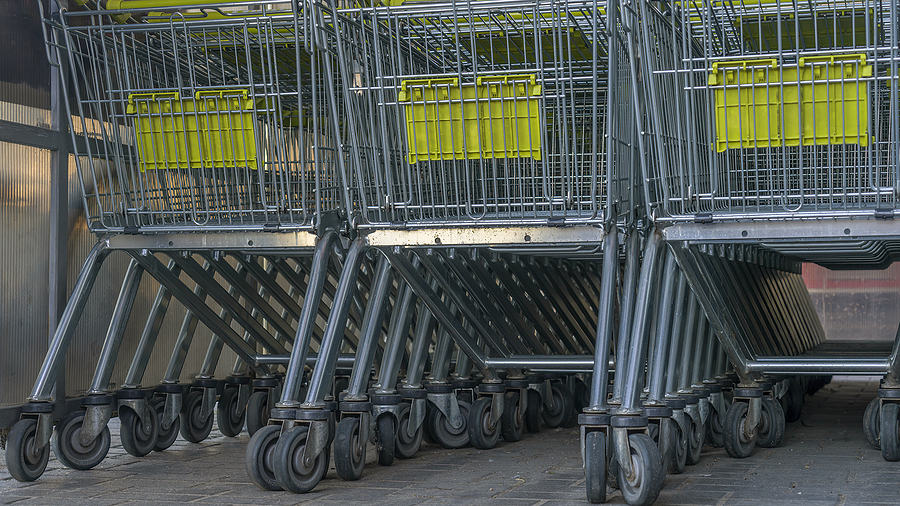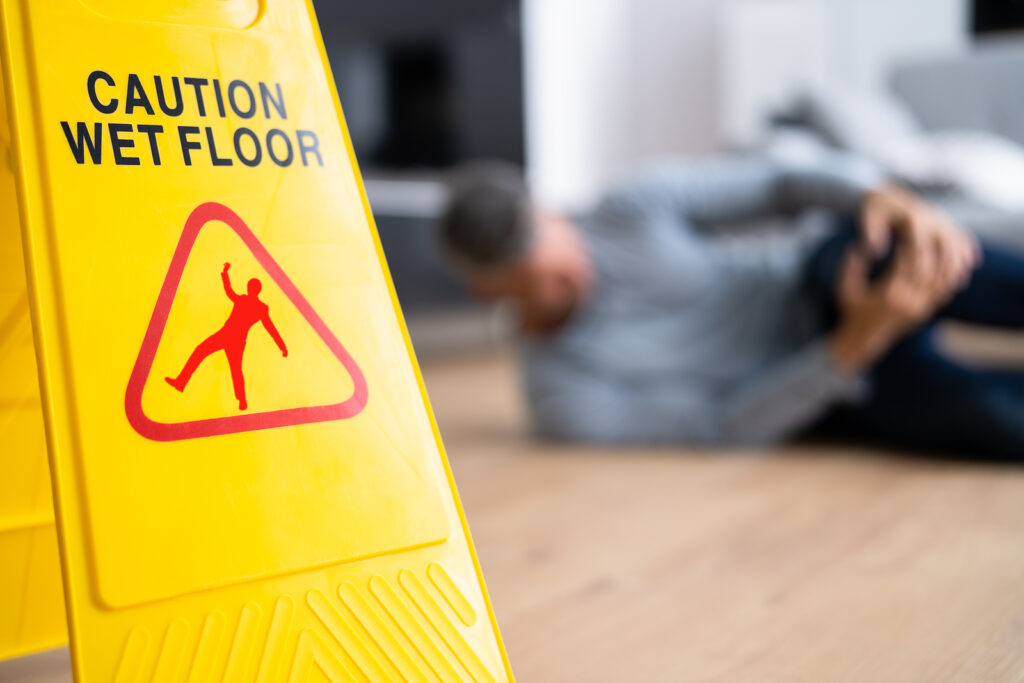Shopping carts are such a common commodity that many people fail to realize just how dangerous they can be. When used, corralled, or maintained negligently, shopping carts can cause serious and long-lasting injuries to both adults and children. If you or your child recently sustained injuries in a negligent shopping cart accident, you may be wondering if you have a valid legal claim, either against the proprietor or another shopper.
Continue reading to learn some helpful information about shopping cart injury claims, plus who to trust for dependable legal advice regarding personal injury cases in Indiana.

Shopping Cart Injuries and Legal Claims
Shopping cart accidents can involve children and adult shopping carts. These days, shopping carts found at retail stores come in all sorts of styles, from racecars and miniature shopping carts for children to adult size shopping carts, basket carts, double tier carts, platform carts, and more. As for the a conventional, adult-sized shopping cart, a new study the Clinical Pediatrics journal reports that between the years 1990 and 2011, more than 500,000 children were admitted into the emergency room due to shopping cart related injuries. Using this data, the study reveals that an average of 24,000 children go to the hospital each year for shopping cart related injuries, which comes out to sixty-six hospital admissions every day.
With astonishing statistics like these, it is important to protect yourself and your loved ones from negligent shopping cart accidents. If you or someone you love was injured by a shopping cart due to the negligence of the store, the shopping cart manufacturer, or another shopper, it is important that you contact an Indianapolis personal injury lawyer to learn your rights for pursuing a legal claim against the at-fault party.
Types of Shopping Cart Injuries
Unfortunately, the safety standards for shopping carts are not regulated on a state or federal level. Instead, they are voluntarily implemented by the shopping cart manufacturer themselves. For this reason, shopping cart safety standards are unbalanced. Furthermore, there has been no observable decrease in shopping cart injuries since 2004 when safety standards were moderately revised for shopping carts.
The most common types of injuries that result from shopping cart accidents are head injuries, orthopedic injuries, lacerations, and contusions. These kinds of injuries commonly result from falling out of the shopping cart, but also due to the shopping cart tipping over, getting run over by a shopping cart, running into the shopping cart, falling over the cart, or getting stuck in the shopping cart (or a body part stuck).
Suing the Store or Another Shopper for Shopping Cart Injuries
Under premises liability laws, store owners are responsible for maintaining a business that is safe and free of any foreseeable hazards. If the store owner failed in any way to protect you from a shopping cart accident, they can be held liable for your damages and losses. If the shopping cart manufacturer is solely responsible for a shopping cart accident, perhaps because the shopping cart was defective or poorly designed, or lacking the proper warning labels about the cart’s risks, the claim would fall under product liability law. In some cases, the shopping cart manufacturer can be held responsible along with the store owner.
If another shopper causes a shopping cart accident because they were reckless or negligent in some way, it can be deemed a civil wrongdoing under Tort law. In this case, the injured person could bring about a claim under tort law and recover compensation for their damages and losses.
Do not start your legal claim process without the help of a seasoned personal injury lawyer who can help you determine the best course of action for your case. Contact the Law Office of Craven, Hoover, and Blazek P.C. at 317-881-2700 to schedule a free case evaluation with a skilled personal injury lawyer in Indianapolis, Indiana. We represent clients all throughout the state, plus Indiana residents injured in other states. We can hold meetings via phone or online video conference, so there is never any need to travel.
Related Posts:
Legal Facts About Shopping-Related Personal Injury Claims
How Do I Sue a Store for My Injuries?
Facts About Premise Liability Policy For Small Business Owners


